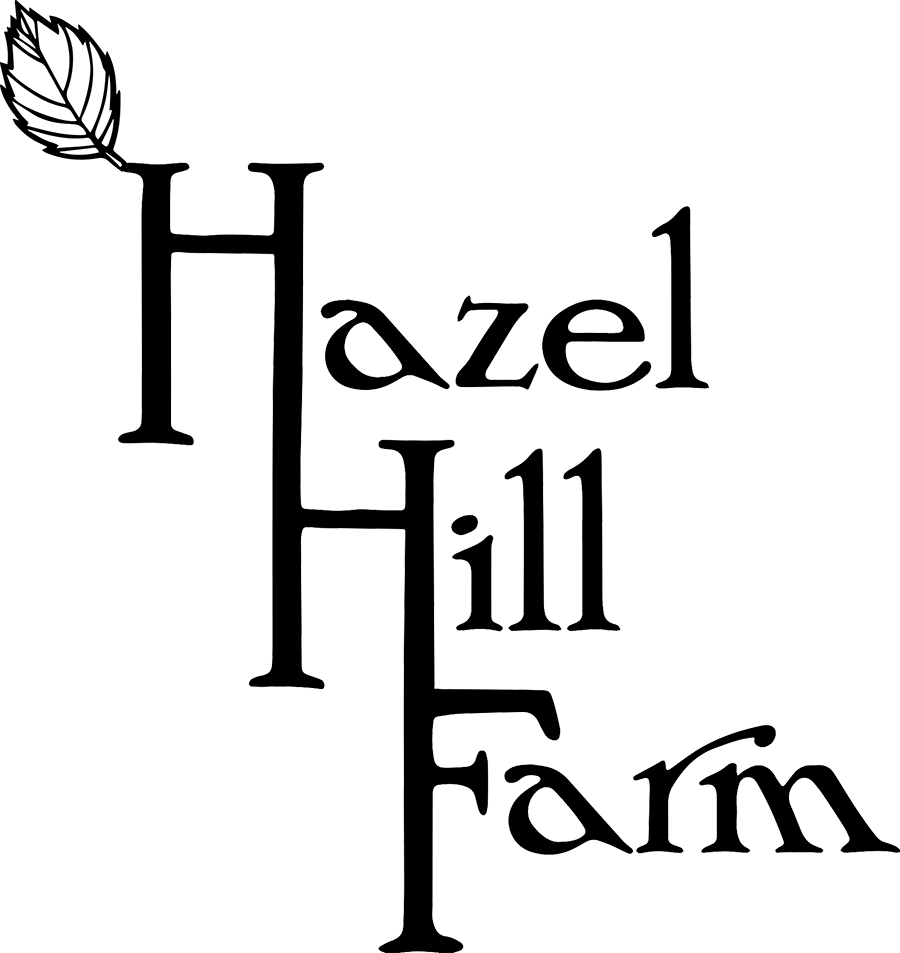As part of my educational quest this past winter, I took advantage of a couple of classes offered by the Michael Field Agricultural Institute (MFAI) in East Troy, Wisconsin. The courses attract a wide range of people, including established commercial farmers, hobby farmers beginning to attempt serious farming, and young farmers just starting out. During a workshop on multi-species grazing, two young boys sat in the back of the room taking studious notes. From what I could tell, they were brothers, might have been home schooled, and may well have been involved in 4-H. Near the end of the workshop when the presenter opened up the floor for questions and discussion, the older of the two brothers contributed a series of questions and comments that all began with "According to Joel Salatin," or "Joel Salatin says that..." Without the book in front of him, this young man was quoting statistics like biblical passages. He had obviously done his homework, and that homework seemed to consist of taking the word of one man as The Right Way. While farming is certainly not the only realm given to demagoguery, there are certain strains of the sustainable farming movement that seem prone to follow the word of one man to what seems to me to be an extreme.
For those of you who might not know, Joel Salatin is the owner of Polyface Farms in Virginia, the author of many books on farming practices, and a well-known and oft-cited personality in the sustainable farming world. His most well-known and widely-embraced method seems to be the practice of "mob grazing," specifically grazing chickens under a structure known as a "chicken tractor." The basic idea is that by keeping the chickens contained in a certain area, and moving that area either once or twice per day, you reap the benefits of "free ranging" a chicken in that they forage and scratch for edibles besides the grain you feed them, but by containing them for a certain interval on the same piece of land, you force them to eat more that just their favorite morsels before moving on. Anyways, Salatin has written quite a few books detailing his methods for pastured poultry, produced an instructional DVD, and holds weekend-long workshops on his farm where you can pay thousands of dollars to see him move around his chickens in person. His method has certainly worked very well for him and made him a successful farmer and businessman, but he seems to have ascended to such a position that certain followers will hear no wrong. There comes a point where a novel and unorthodox approach becomes in itself an orthodoxy. Orthodoxy is not, shall we say, my bag.
Perhaps it's my Unitarian upbringing, or a habit I picked up in academic writing, but I tend to take what I can use from any source and discard the rest. There are some interesting and instructive stories in the Bible, but I don't feel the need to keep an eye out for the great Whore of Babylon. Similarly, there are some tips to glean from people like Joel Salatin, or from the writings of Rudolph Steiner. Just as I'm not going to swallow the Bible whole, I'm not prepared to pick a farmer-prophet and blindly follow him (and it's overwhelmingly him) to the ends of the earth. I guess what I'm trying to say is that I'm looking forward to continue my agricultural education in the piecemeal way I started, picking tips up where I can and creating a set of best practices uniquely tailored to my principles, my farm, and my soil. There is no one size fits all approach to sustainable farming, which is a significant part of what differentiates it from conventional farming. As Wendell Berry points out in The Unsettling of America, before the rise of large agribusiness in the mid-20th Century there was no orthodoxy in farming. Each region and to a certain extent each farm had its own set of best practices passed down through the generations. But with the rise of the paint by numbers chemical farming, there was suddenly a "right way" to farm advocated by suppliers, universities, and even the government. In my opinion, even though none of the several approaches to sustainable agriculture has the institutional backing that conventional farming enjoys, there is still the danger of creating certain orthodoxies within the movement that prevent farmers from tailoring their own best practices and maybe even leads to the high incidence of people who "burn out" of sustainable farming before they've really established themselves.
I've only read one of Salatin's books, and while I'm not exactly itching to add another Salatin opus to my ever-growing pile of reading material, I'm sure I'll get around to it one of these days. In the meantime, I'll keep reading whatever I can get my hands on. As I finishing digesting these books, I'll post a mini "book report" full of the methods and ideas that interested me most in each. Hopefully, it will be a helpful exercise, and not too completely boring to whoever decides to read my assorted brain-droppings.

